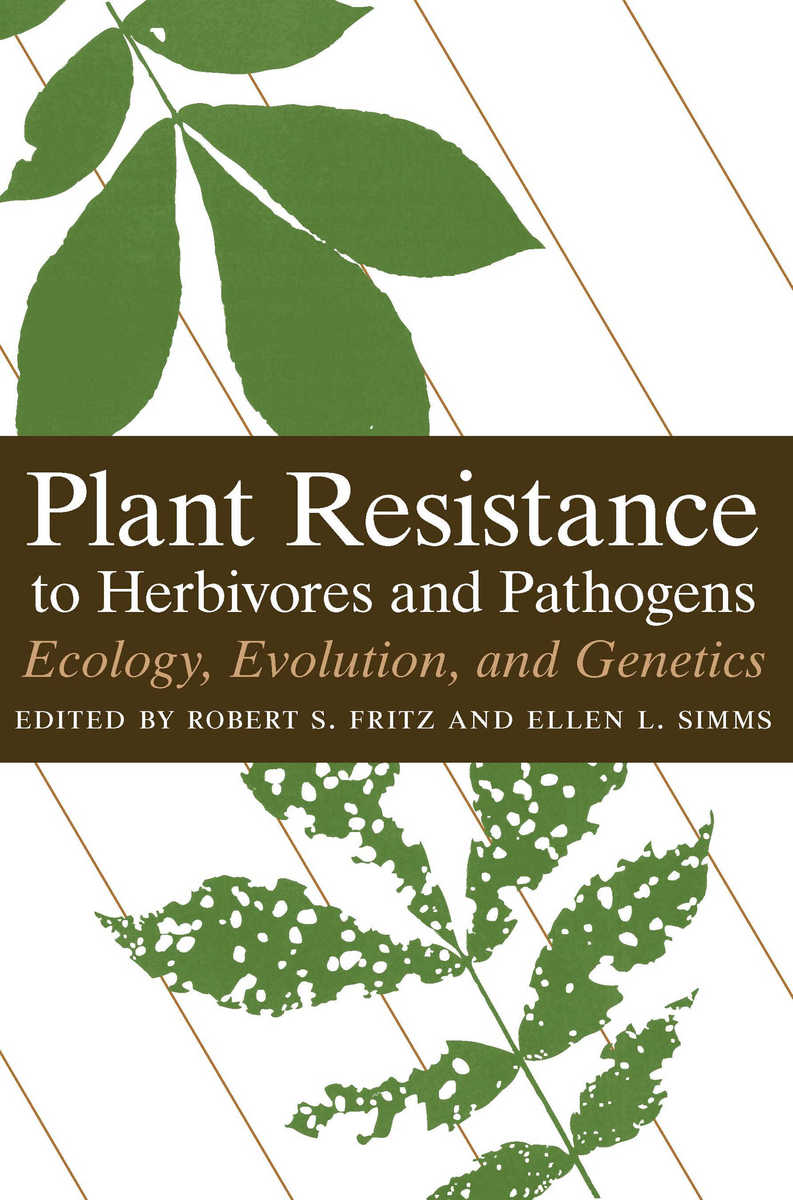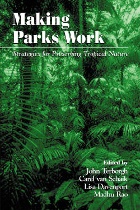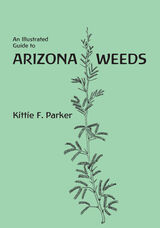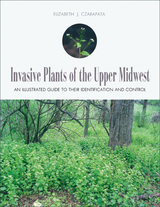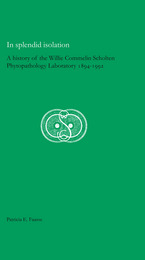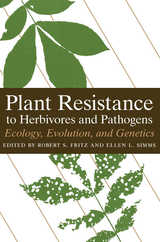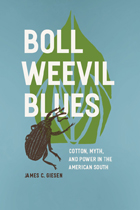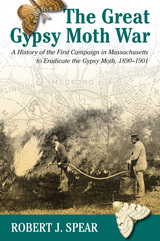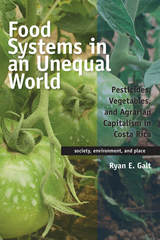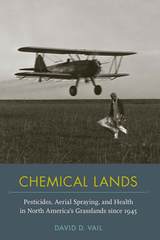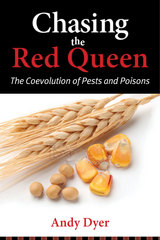Plant Resistance to Herbivores and Pathogens: Ecology, Evolution, and Genetics
University of Chicago Press, 1992
Cloth: 978-0-226-26553-7 | Paper: 978-0-226-26554-4 | eISBN: 978-0-226-92485-4
Library of Congress Classification SB750.P56 1992
Dewey Decimal Classification 581.29
Cloth: 978-0-226-26553-7 | Paper: 978-0-226-26554-4 | eISBN: 978-0-226-92485-4
Library of Congress Classification SB750.P56 1992
Dewey Decimal Classification 581.29
ABOUT THIS BOOK | TOC | REQUEST ACCESSIBLE FILE
ABOUT THIS BOOK
Far from being passive elements in the landscape, plants have developed many sophisticated chemical and mechanical means of deterring organisms that seek to prey on them. This volume draws together research from ecology, evolution, agronomy, and plant pathology to produce an ecological genetics perspective on plant resistance in both natural and agricultural systems. By emphasizing the ecological and evolutionary basis of resistance, the book makes an important contribution to the study of how phytophages and plants coevolve.
Plant Resistance to Herbivores and Pathogens not only reviews the literature pertaining to plant resistance from a number of traditionally separate fields but also examines significant questions that will drive future research. Among the topics explored are selection for resistance in plants and for virulence in phytophages; methods for studying natural variation in plant resistance; the factors that maintain intraspecific variation in resistance; and the ecological consequences of within-population genetic variation for herbivorous insects and fungal pathogens.
"A comprehensive review of the theory and information on a large, rapidly growing, and important subject."—Douglas J. Futuyma, State University of New York, Stony Brook
Plant Resistance to Herbivores and Pathogens not only reviews the literature pertaining to plant resistance from a number of traditionally separate fields but also examines significant questions that will drive future research. Among the topics explored are selection for resistance in plants and for virulence in phytophages; methods for studying natural variation in plant resistance; the factors that maintain intraspecific variation in resistance; and the ecological consequences of within-population genetic variation for herbivorous insects and fungal pathogens.
"A comprehensive review of the theory and information on a large, rapidly growing, and important subject."—Douglas J. Futuyma, State University of New York, Stony Brook
See other books on: Coevolution | Food | Genetic aspects | Herbivores | Pathogens
See other titles from University of Chicago Press
